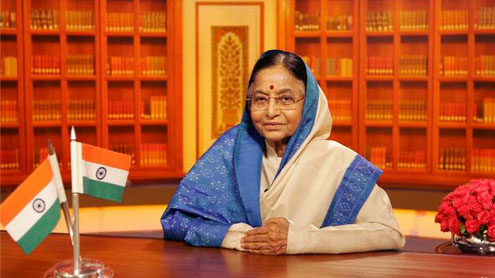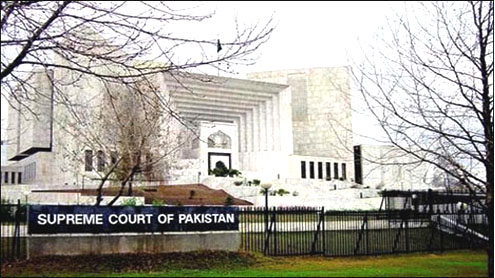
NEW DELHI: President Pratibha Patil, through a “presidential reference”, sought clarity from the Supreme Court on Thursday on implications for the executive in the court’s ruling scrapping 2G licences and sought to establish the limits of judicial scrutiny of policy decisions.
In a 12-page reference framed by the government under Article 143(1) of the Constitution, the President sought the apex court’s opinion on eight questions, including effect of the judgment, which ordered auction of cancelled 2G licences, on spectrum allotted since 1994 on a first-come-first-served basis (FCFS).The main focus of the reference drafted by attorney general G E Vahanvati in consultation with telecom minister Kapil Sibal was, “Whether the only permissible method for disposal of all natural resources across all sectors and in all circumstances is by the conduct of auctions?” The SC had held the FCFS method to be inherently flawed.
The President also reminded the court that the “auction only” route for allocation of natural resources seemed to run contrary to earlier judgments by larger benches of the apex court. The government has argued that the FCFS policy formulated and followed by successive regimes was also a viable route for allocation of spectrum as the purpose was to increase rural tele-density.The SC striking down FCFS is also particularly problematic for the government as the blame for the policy cannot be laid solely at the door of jailed ex-telecom minister A Raja, who belongs to the DMK. The government has tried to insulate itself from the irregularities by claiming that the policy was sound and faults, if any, lay with its implementation.
Presidential references under Article 143 seeking the apex court’s opinion on important issues are first placed before the Chief Justice of India, who then constitutes an appropriate bench to deal with the queries. The references are usually heard by before a constitution bench with a minimum strength of five judges.The reference sought the court’s view whether enunciation of a broad principle by the apex court in the 2G judgment did “not really amount to formulation of a policy and has the effect of unsettling policy decisions formulated and approaches taken by various successive governments over the years for valid considerations, including lack of public resources and the need to resort to innovative and different approaches for the development of various sectors of the economy?”
The Centre wanted to know “what is the permissible scope for interference by courts with policy making by the government including methods for disposal of natural resources?”If a court cancelled a policy decision terming it flawed, then what would happen to investments, including foreign direct investments under multilateral or bilateral agreements, made in the projects started in pursuant to the implementation of the said policy decision, the President asked.
Attempting to test the retrospective effect of the 2G judgment, the reference asked: “Whether the judgment is required to be given retrospective effect so as to unsettle all licences issued and 2G spectrum (800, 900 and 1, 800 MHz bands) allocated in and after 1994 and prior to January 10, 2008? Would the judgment affect telecom licences granted in 1994? Whether the telecom licences granted by way of basic licences in 2001 and licences between 2003 and 2007 would be affected?”
Narrating the entire sequence of events in regard to allocation of spectrum since 1994, when eight mobile telephone service licences were issued in Delhi, Mumbai, Kolkata and Chennai for 10 years, the reference wanted to know from the apex court whether the 2G judgment warranted withdrawal of “spectrum allocated to all existing licences or to charge for the same with retrospective effect and if so on what basis and from what date.”The final question in the reference sought to know the effect of cancellation of 2G licence allotment on the auctioned 3G licences. “What is the effect of the judgment on the 3G spectrum acquired by entities by auction whose licences have been quashed by the said judgment,” it asked. – TOI












